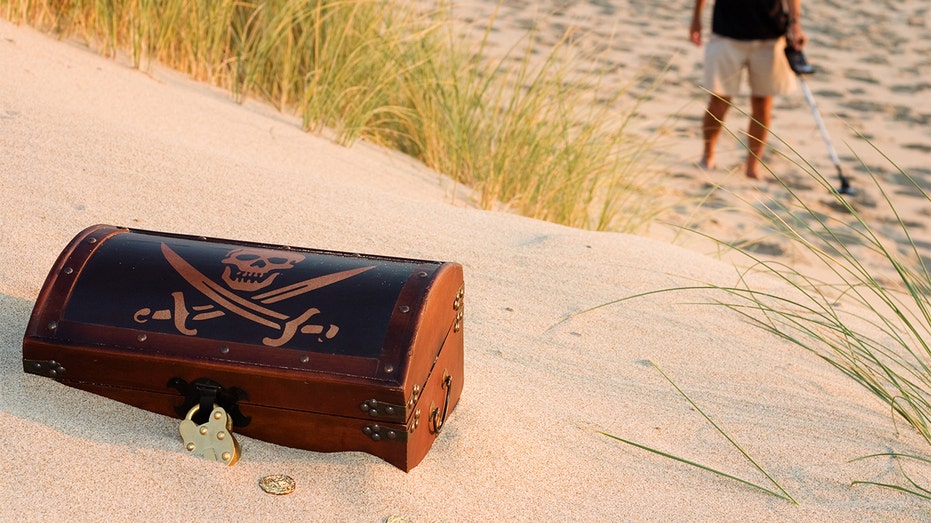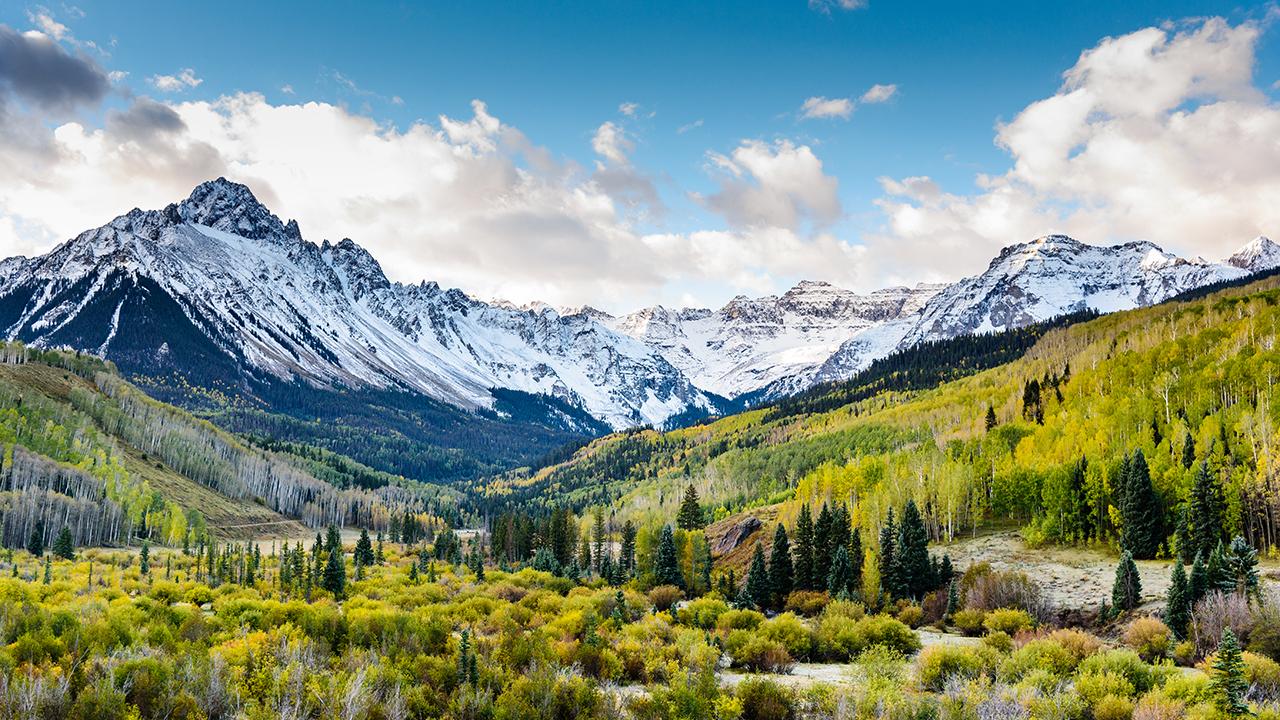What happens if you find treasure?
Whether it’s buried, hidden or discovered in another way, there are laws on who gets to keep found treasure
While summertime tends to bring treasure hunting hobbyists outdoors, finding treasure or valuable property is not always as simple as “finders keepers.”
MILLIONAIRE FORREST FENN’S TREASURE CHEST HIDDEN IN ROCKY MOUNTAINS FINALLY FOUND
In fact, U.S. states and even cities or towns may have differing property laws when it comes down to finding treasure or lost objects. Though, not all of the processes are cut-and-dried, here is what you need to know if you end up finding treasure, according to legal experts.
What should you know about finding treasure?
“The law of 'treasure trove' holds that property that is considered precious and is hidden with no proof of its former ownership belongs to the finder,” LegalAdvice.com CEO and Attorney David Reischer told FOX Business. “The definition of precious treasure can include gold, silver, paper money, or even rare comic books and baseball cards – basically any item of value.”
AZTEC TREASURE DISCOVERED AT MEXICO CITY CONSTRUCTION SITE
The treasure doesn't need to be hidden in the ground, he said. The items just need to have been lost, mislaid or abandoned and ownership can't be determined.
“The property can be found hidden in a piano, in a mattress, in a wall safe and not necessarily buried in the ground to be considered a 'treasure trove,’” Reischer said.

(iStock)
Not all states recognize the law of treasure trove, Reischer warned.
FOUND MONEY IS AWESOME … BUT YOU MUST PAY UNCLE SAM
“State laws vary on the efforts needed to be taken by a finder of discovered property to locate the original owner,” he added. “Some states will also not allow trespassers to be rewarded with property found on another person's land and instead discovered treasure belongs to the landowner in which the property was discovered.”
Treasure trove states
In states where treasure trove laws are implemented, the rule of finders keepers generally applies. State courts that have established legislation on the matter include Arkansas, Connecticut, Delaware, Georgia, Indiana, Iowa, Maine, Maryland, New York, Ohio, Oregon and Wisconsin, according to research conducted by attorney John M. Kleeberg.
GET FOX BUSINESS ON THE GO BY CLICKING HERE
Courts in Idaho and Tennessee, on the other hand, grant found treasure to whoever owns the land of where it was discovered.
Non-treasure trove states
Some states have not enacted laws for finding treasure, although there can be laws for found money or property. Generally, residents who find lost money or objects that worth $100 or more are required to hand over the items to police, who will then hold the item or reach out to the community to try and locate the original owner.
At times, the finder can be granted the property if it remains unclaimed for a certain period in time.
CLICK HERE TO READ MORE ON FOX BUSINESS
Courts in New Jersey grant found property to the landowners, and courts in Vermont grant it to the town. In Maine, courts split found property between the finder and township, and in Louisiana, courts split found property between the finder and landowner.




















